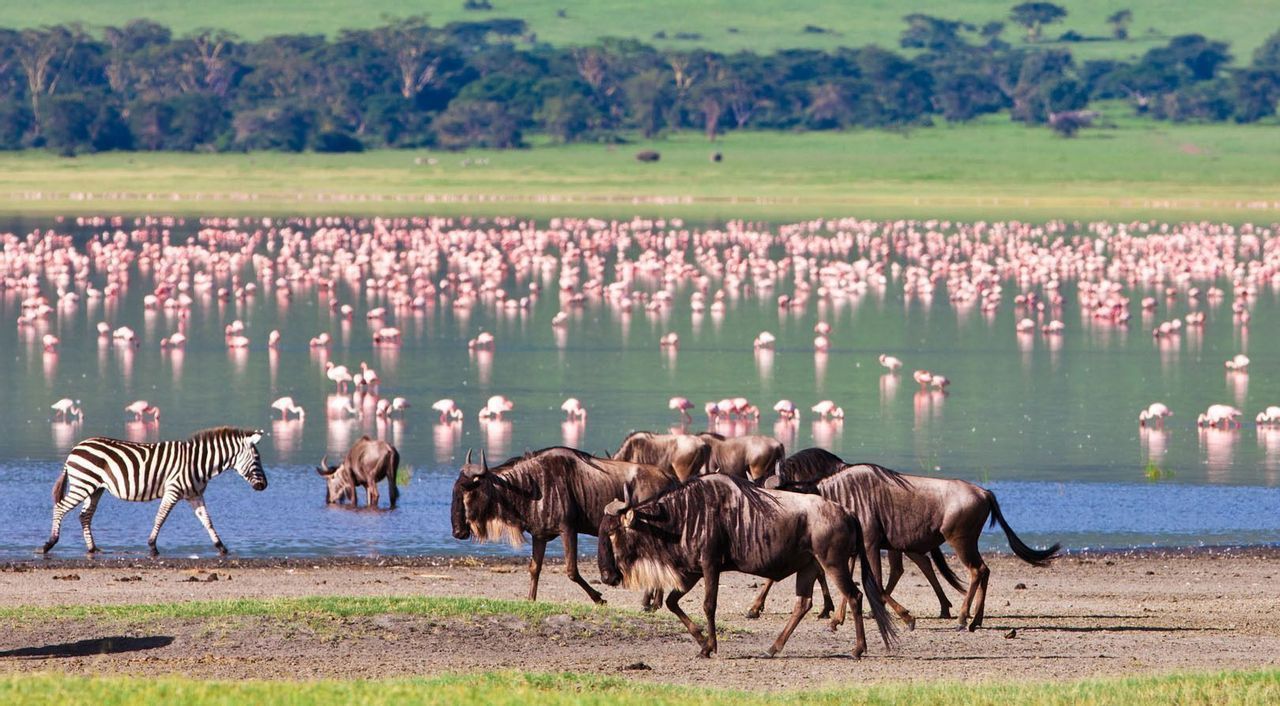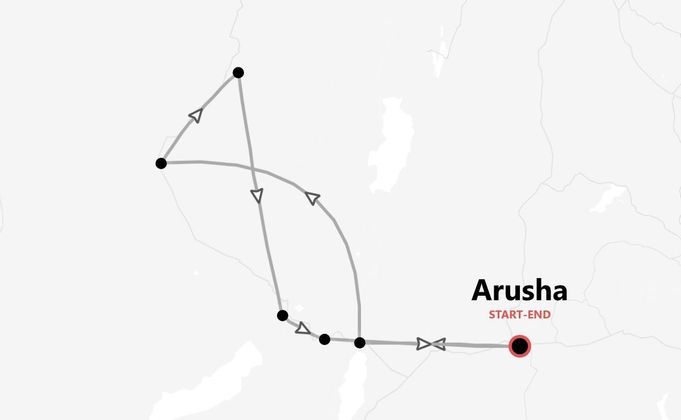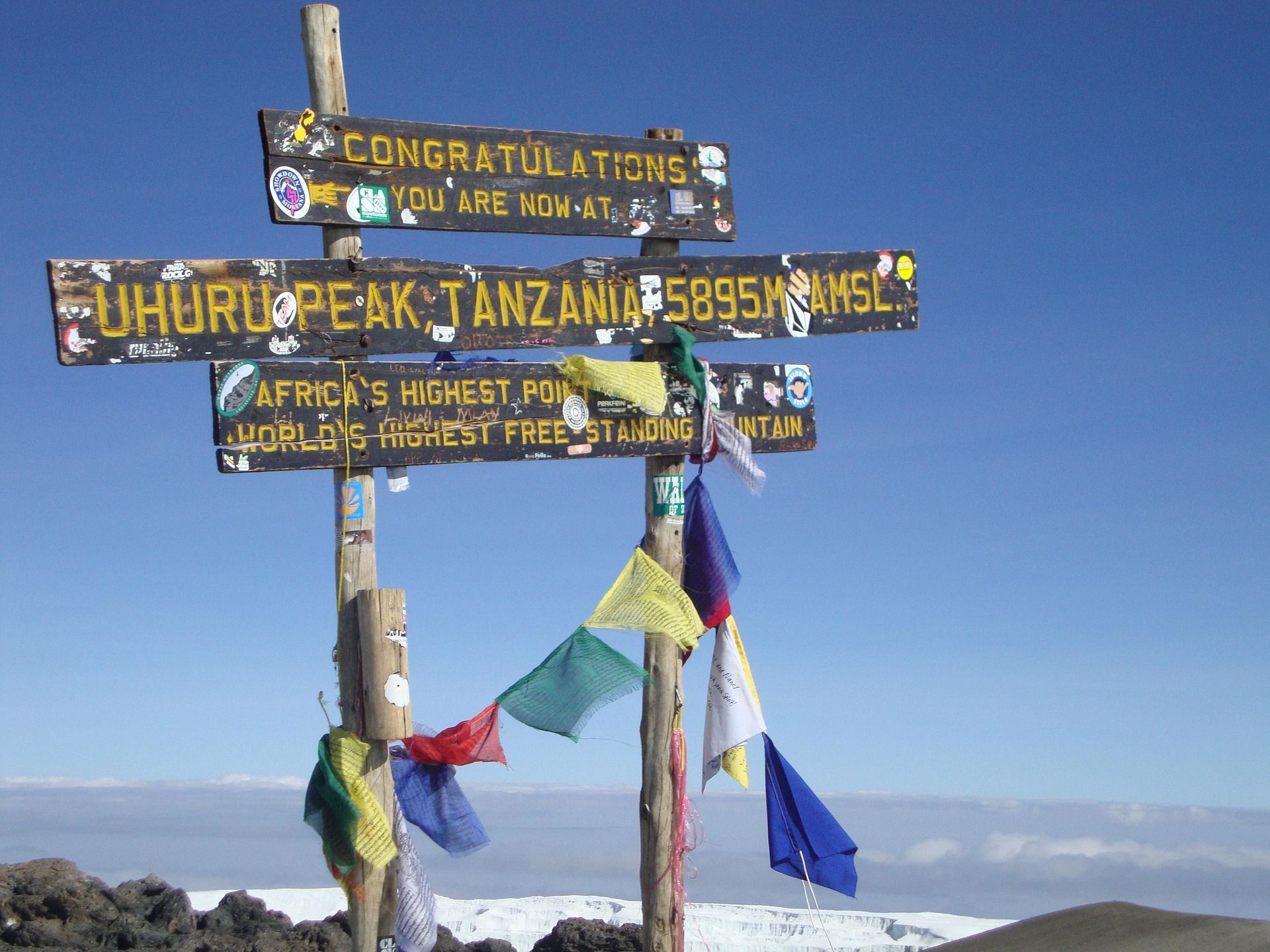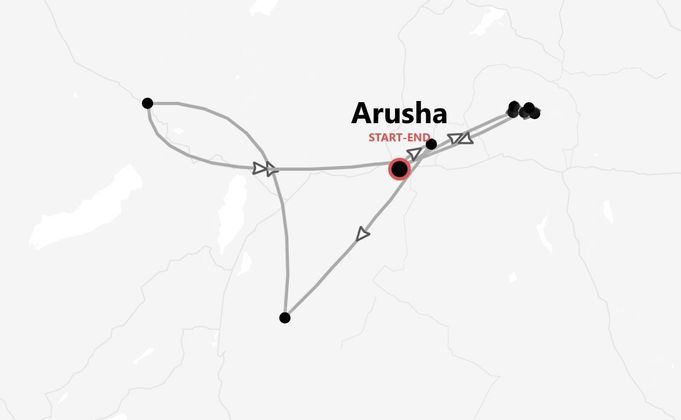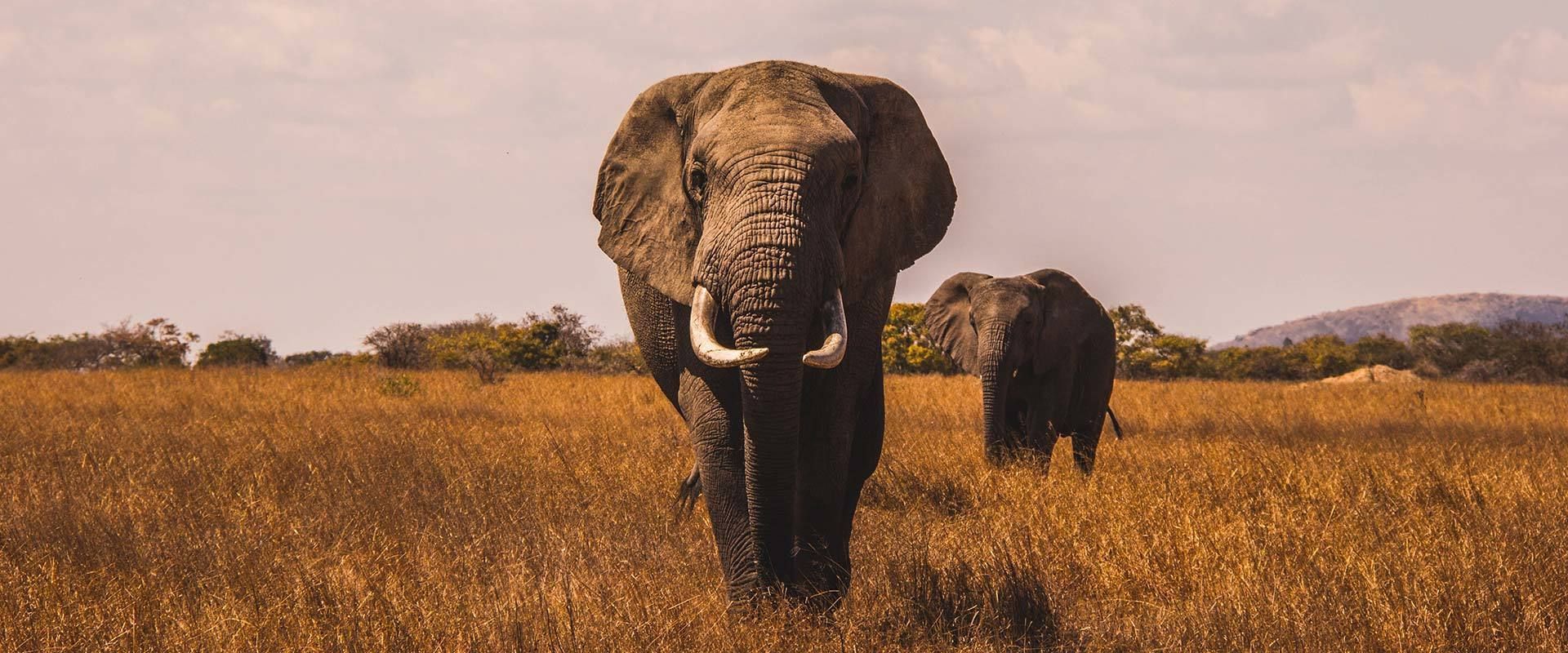
Group trips to Tanzania
Our organized trips to Tanzania
At the foot of Mount Kilimanjaro, of course, but not only: in Tanzania, the parks are vast, the beaches endless, the people welcoming, and the cultures fascinating. In a few words: only great adventures on the horizon!
FAQs about Tanzania
If you are a UK citizen, to find out the entry requirements for Tanzania, you can check this informational page from our partner Sherpa. If you need a visa, you can apply for it through Sherpa. If you are not a UK citizen, you can still use Sherpa by changing the nationality in the 'Passport' section.
Before traveling, always remember to check the government website of your country of origin for updates on the entry requirements for Tanzania – you wouldn’t want to stay home due to a bureaucratic detail!
- UK residents: review the FCDO Travel Advice.
- US residents: consult the US Department of State Travel Advice.
- Other residents: refer to your government or local consulate's travel advice.
Tanzania is in the East Africa Time zone, which is UTC+3. This means that if it is 12pm in the UK, it will be 3pm in Tanzania. If you are in the USA, the time difference will vary depending on your location. For example, if it is 12pm Eastern Time, it will be 7pm in Tanzania. Tanzania does not observe daylight saving time, so these differences remain constant throughout the year.
The currency used in Tanzania is the Tanzanian Shilling (TZS). The exchange rate can vary, but as of the latest update:
- 1 GBP is approximately 3,100 TZS
- 1 USD is around 2,300 TZS
- 1 EUR is about 2,600 TZS
You can exchange currency at banks, exchange bureaus, or major hotels in cities like Dar es Salaam and Arusha. It's a good idea to carry some cash, especially in rural areas where card payments might not be accepted.
In Tanzania, you can pay using cash, credit cards, and mobile payment platforms.
- Cash is king, and the local currency is the Tanzanian Shilling.
- Credit cards are widely accepted in major cities and tourist areas, but not everywhere, so it's a good idea to have some cash on hand.
- Mobile payment services like M-Pesa are also popular and convenient for smaller transactions.
Make sure to check with your bank about any international transaction fees before traveling.
In Tanzania, tipping is not mandatory, but it's appreciated for good service. In restaurants, consider leaving about 5 to 10 percent of the bill as a tip. For guides or safari drivers, a tip of around 10 to 20 USD per day is common. Hotel staff, like porters or housekeeping, will appreciate a small tip, such as 1 to 2 USD. Always tip in Tanzanian Shillings or USD, and give tips directly to the person who helped you.
In Tanzania, Wi-Fi is generally available in hotels, cafes, and some public places in major cities like Dar es Salaam and Arusha. However, the connection can be slow or unreliable, especially in rural areas. For better connectivity, we suggest you buy a local SIM card or an e-SIM data plan. Popular providers include:
- Vodacom
- Airtel
- Tigo
You can purchase these at the airport or in the city, and they offer good coverage and data packages at reasonable prices.
In Tanzania, the official languages are Swahili and English. You'll hear Swahili spoken widely, and it's handy to know a few basic phrases. Here are some useful expressions you might hear or use:
- Hello: Jambo
- Thank you: Asante
- How much is this?: Hii ni kiasi gani?
- Goodbye: Kwaheri
Don't worry if you're not fluent, as many people also speak English, especially in tourist areas.
In Tanzania, the power plugs and sockets are of type D and G. The standard voltage is 230 volts, and the frequency is 50 hertz. If you're coming from a country with different plug types, like those used in the UK or the USA, it's a good idea to bring a universal adapter to ensure your devices can be charged without any issues.
In Tanzania, the main religion is Christianity, followed by Islam. It's important to note that Zanzibar, a semi-autonomous region of Tanzania, has a predominantly Muslim population. If visiting Zanzibar, especially during the holy month of Ramadan, it's respectful to dress modestly. For women, this means covering shoulders and knees. Important religious holidays include Eid al-Fitr and Eid al-Adha for Muslims, and Christmas and Easter for Christians.
For a trip to Tanzania, pack light and suitable items for the tropical climate and diverse landscapes. Here's a list to help you prepare your backpack:
-
Clothing:
- Lightweight shirts and t-shirts
- Long-sleeve shirts for sun and mosquito protection
- Shorts and lightweight pants
- A light jacket for cooler evenings
- Swimwear
-
Shoes:
- Comfortable walking shoes
- Sandals
- Flip-flops for the beach
-
Accessories and Technology:
- Sunglasses and a wide-brimmed hat
- Camera and charger
- Power bank
- Plug adapter (Tanzania uses types D and G plugs)
-
Toiletries and Medication:
- Sunscreen and insect repellent
- Basic toiletries
- Hand sanitizer
- Common travel medication like motion sickness tablets, pain relievers, and anti-diarrheal pills
Remember that Tanzania is a predominantly Muslim country, so dress modestly in public areas, especially women, to respect local customs.
The weather in Tanzania varies by region, so here's a quick breakdown:
- Coastal areas (like Dar es Salaam and Zanzibar): Warm and humid year-round with temperatures ranging from 25°C to 32°C (77°F to 90°F). The best time to visit is during the dry season, from June to October.
- Northern and central regions (like Serengeti and Arusha): Cooler and drier, especially from June to October, with temperatures around 15°C to 25°C (59°F to 77°F). The short rainy season is from November to December, and the long rainy season is from March to May.
- Western areas (like Kigoma): Warm and can be quite humid. The best time to visit is the dry season, from May to October.
For the best experience, plan your visit during the dry season when the weather is most pleasant and wildlife viewing is optimal.
